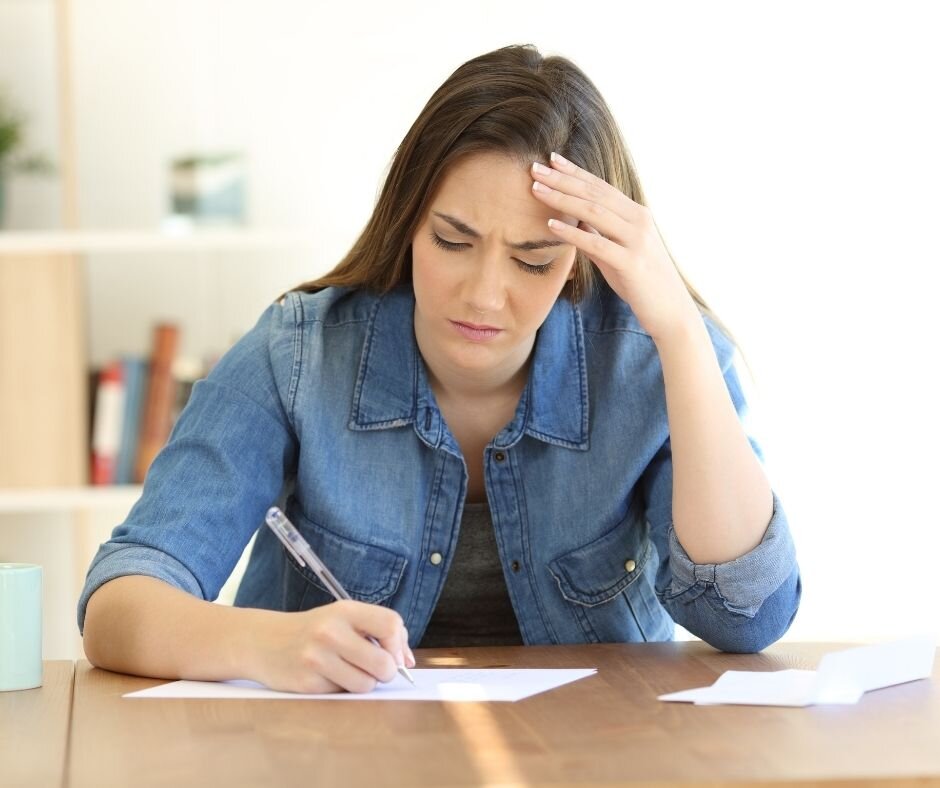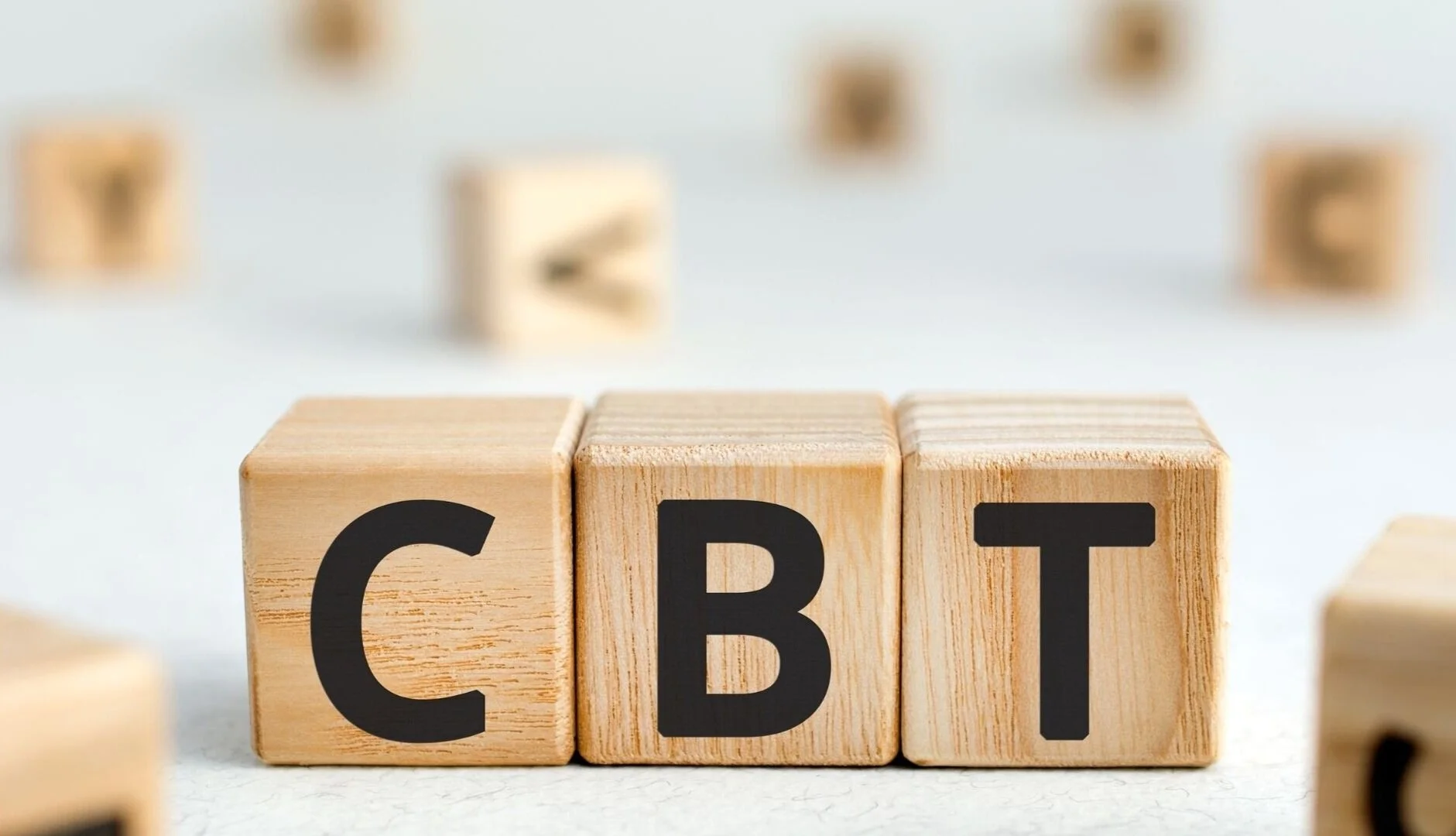First, let's look at exactly what anxiety is. You’ve probably heard about anxiety many times, but what does it actually mean and what is it like to experience it?
Anxiety is a common mental health problem that refers to being in a persistent state of worry or displaying excessive amounts of fear. Everyone worries about things now and again, but to suffer from anxiety means that worrying has a debilitating impact on your daily life.
Anxiety disorders are the most common mental health problem in the world, with the World Health Organisation (WHO) suggesting that 1 in 13 people globally suffer with an anxiety disorder. So if you’re dealing with one, know that you’re absolutely not alone. Anxiety is more prevalent in women and young people, which could be for a number of reasons. While women are twice as likely to be diagnosed with anxiety than men.
Symptoms of anxiety
Symptoms of anxiety will vary depending on the disorder, but most anxiety conditions will involve several or most of the symptoms detailed below. The following symptoms will be most accurate in depicting people suffering from Generalised Anxiety Disorder (GAD).
Mental symptoms
-
Feeling nervous, irritable, or tense
-
Low mood and depression
-
Experiencing a sense of impending danger or fearing the worst
-
Constantly worrying about things
-
Needing reassurance from other people
-
Feeling like everyone is watching you
-
Derealisation: a form of disassociation where you feel like the world isn’t real or you’re not connected to it
-
Depersonalisation: a form of disassociation where you don’t feel connected to yourself, as if you’re watching yourself from an outside perspective).
Physical symptoms
-
Feeling light-headed or dizzy
-
Sweating or feeling hot
-
Increased heart rate
-
Panic attacks
-
Gastrointestinal problems
-
Rapid breathing or hyperventilation
-
Nausea or painful stomach
-
Aches and pains in your body
-
Feeling weak and tired
-
Insomnia
-
Changes in sex drive
How can CBT help?
For a start, what is CBT therapy? Cognitive behavioral therapy (CBT) is a form of psychological treatment that has been demonstrated to be effective for a range of problems including depression, anxiety disorders, alcohol and drug use problems, marital problems, eating disorders and severe mental illness. Numerous research studies suggest that CBT leads to significant improvement in functioning and quality of life. In many studies, CBT has been demonstrated to be as effective as, or more effective than, other forms of psychological therapy or psychiatric medications.
CBT is based on several core principles, including:
-
Psychological problems are based, in part, on faulty or unhelpful ways of thinking.
-
Psychological problems are based, in part, on learned patterns of unhelpful behavior.
-
People suffering from psychological problems can learn better ways of coping with them, thereby relieving their symptoms and becoming more effective in their lives.
CBT treatment in Ireland usually involves efforts to change thinking patterns. These strategies might include:
-
Learning to recognize one's distortions in thinking that are creating problems, and then to reevaluate them in light of reality.
-
Gaining a better understanding of the behavior and motivation of others.
-
Using problem-solving skills to cope with difficult situations.
-
Learning to develop a greater sense of confidence is one's own abilities.
The Mayo clinic list Cognitive behavioral therapy is the most effective form of psychotherapy for generalized anxiety disorder. Generally a short-term treatment, cognitive behavioral therapy focuses on teaching you specific skills to directly manage your worries and help you gradually return to the activities you've avoided because of anxiety. Through this process, your symptoms improve as you build on your initial success.
Lifestyle and home remedies
While most people with anxiety disorders need psychotherapy or medications to get anxiety under control, lifestyle changes also can make a difference. Here's what you can do:
-
Keep physically active. Develop a routine so that you're physically active most days of the week. Exercise is a powerful stress reducer. It may improve your mood and help you stay healthy. Start out slowly and gradually increase the amount and intensity of your activities.
-
Make sleep a priority. Do what you can to make sure you're getting enough sleep to feel rested. If you aren't sleeping well, see your doctor.
-
Use relaxation techniques. Visualization techniques, meditation and yoga are examples of relaxation techniques that can ease anxiety.
-
Eat healthy. Healthy eating — such as focusing on vegetables, fruits, whole grains and fish — may be linked to reduced anxiety, but more research is needed.
-
Avoid alcohol and recreational drugs. These substances can worsen anxiety.
-
Quit smoking and cut back or quit drinking coffee. Both nicotine and caffeine can worsen anxiety.
You can schedule an appointment with a Fettle therapist to understand how CBT could help get some clarity on the way you’re feeling and offer a course of CBT techniques and approaches through talk therapy.
Need support?
Speak to an accredited Irish therapist from the comfort of your own home.
Book a Session





